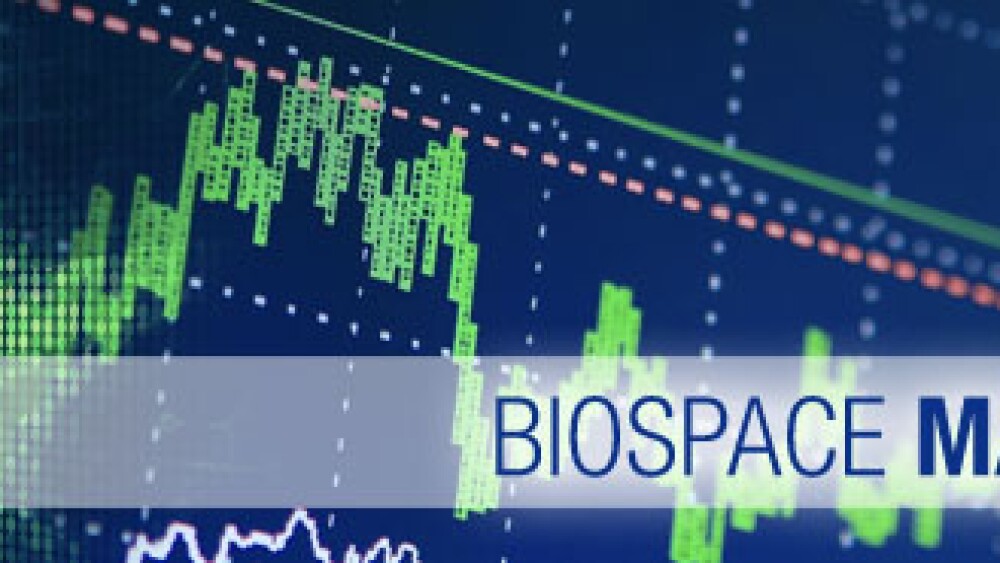November 20, 2014
By Riley McDermid, BioSpace.com Breaking News Sr. Editor
Epizyme ’s management has reviewed the fresh data for their second lymphoma drug and has found it to be positive and pointing to a potentially much larger commercial opportunity, said Jonathan Eckard, a biotech analyst with Citigroup, on Thursday.
Epizyme has been testing experimental tumor drug EPZ-6438 and management told analysts this week that it thinks it could have wider applications and efficacy than originally expected.
“We view the level of efficacy and importantly, the types of patients where this efficacy was seen, as encouraging,” wrote Eckard in a note to investors. “We believe this initial data for EPZ-6438 (an EZH2 inhibitor) suggest the potential of this drug could expand beyond the around 15 to 20 percent of lymphoma (NHL) patients with EZH2 mutations, while still leaving smaller targeted patient populations as an initial and accelerated path to market for the drug.”
So far, Epizyme has seen a “good safety profile” for the drug, said Eckard. Of the 20 patients evaluable for efficacy, there were five clinical responses, and three out of five patients with diffuse-large B-cell lymphoma (DLBCL) had response. One out of two genetically-defined solid tumor patients had a response. All the lymphoma patients evaluated had “wild type” (non-mutated) EZH2, supporting that this drug has activity beyond prior expectation, said Eckard.
“On the safety, the drug was dosed up to 1600 mg twice-daily, and did not reach a maximum tolerated dose, and one dose limiting adverse event (thrombocytopenia) was seen at the highest dose of 1600 mg BID,” wrote Eckard. “None of the events led to drug withdrawal but three patients experienced dose interruption. Overall we view the drug as having a favorable safety profile, especially given that the 800mg BID dose appears to be taken forward.”
Citi said that Epizyme has plans for a Phase II trial underway. The company and its partner Eisai, “following discussions with the trials data monitoring committee (DMC),” selected 800mg BID as the dose for planned Phase II trials in both NHL and INI1-deficient tumor study.
“In the Phase II NHL study, Epizyme expects to include both wild-type and EZH2 mutant patients and will likely include patients with both germinal center originating disease as well as others (mantle and marginal origins),” wrote Eckard. “A Phase II trial in INI1-deficient solid tumors is also planned to expand on the early signal of efficacy observed in the Phase I trial.”





